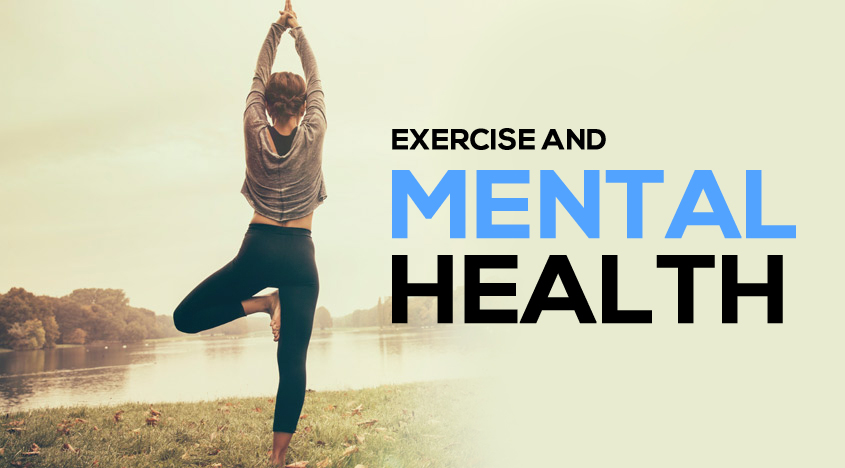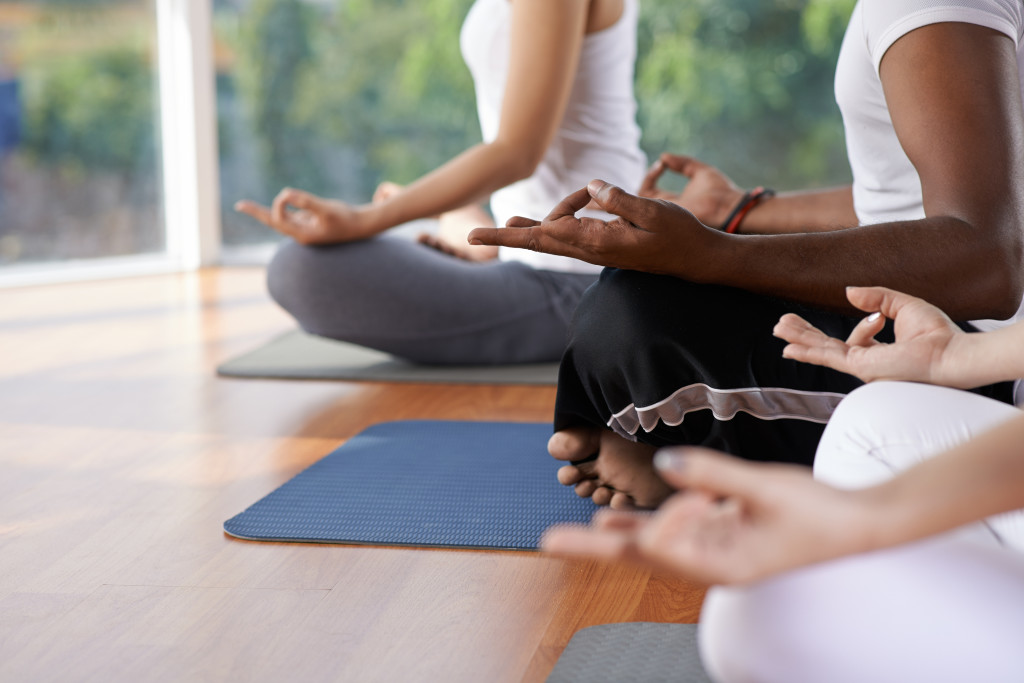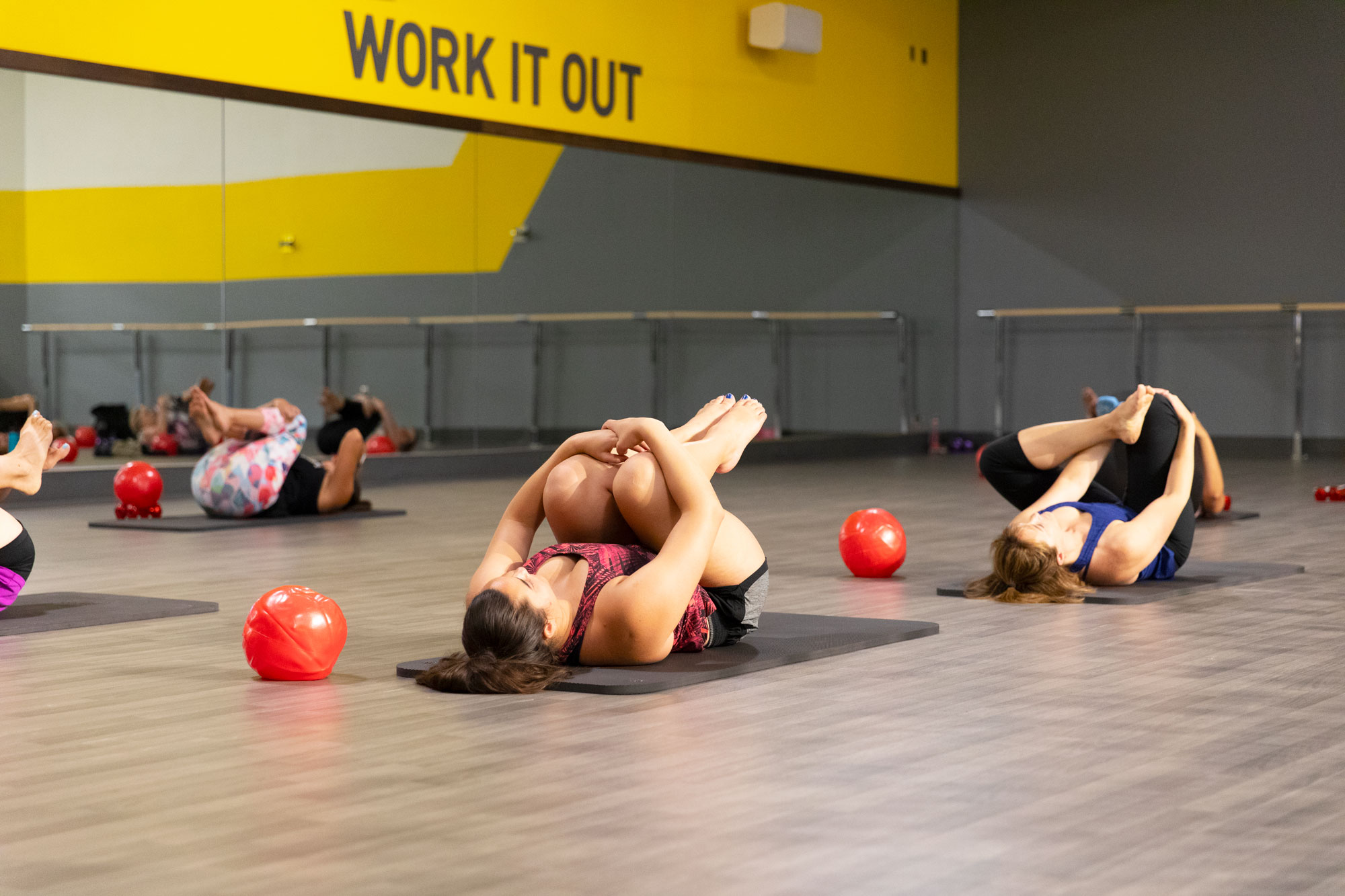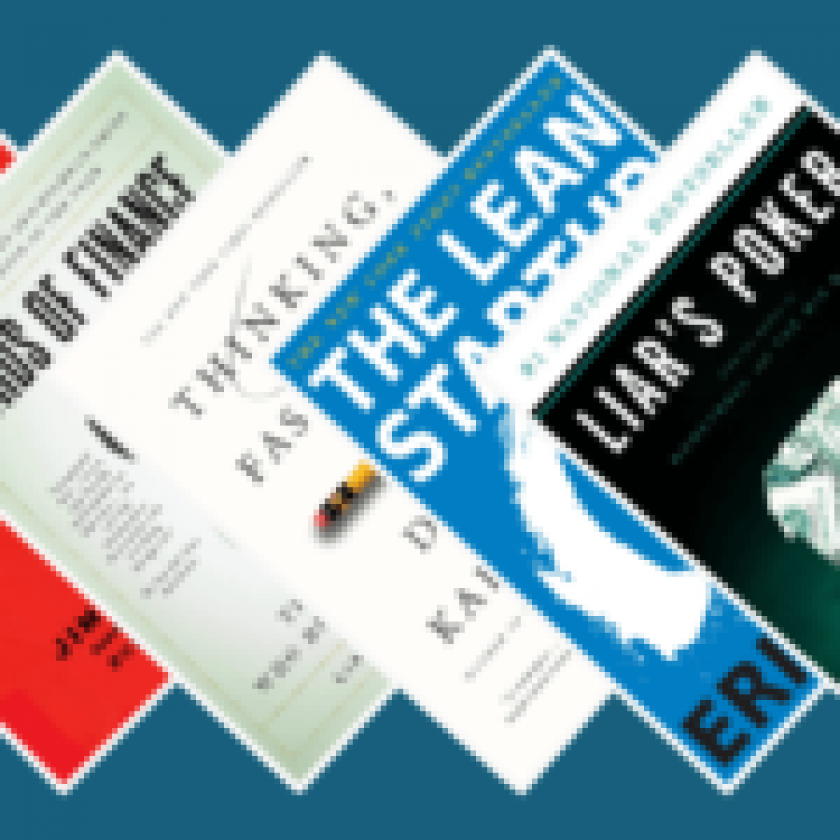We all know that exercise is good for our physical health, but did you know that it’s also essential for our mental health? According to research, regular exercise can help reduce symptoms of anxiety and depression, improve cognitive function, and boost our mood and energy levels. Not only physical exercises, and mental health exercises are also as useful in mind development.
Are you feeling stressed, anxious, or depressed? It’s time to lace up your shoes, roll out your yoga mat, or grab your puzzle book! Exercise is not just great for your physical health, but also essential for your mental well-being. Countless exercises can help you reduce stress, boost your mood, and improve your cognition.
In this comprehensive guide, we’ll explore the benefits of different types of exercises, so you can find the perfect mental health exercise for you. Get ready to feel happier, healthier, and more energized than ever before!
Is Exercise Good For Mental Health?

source: pinterest.com
In short, yes! Exercise is an effective way to improve our mental health in various ways. When we exercise, our body releases endorphins, also known as “feel-good” hormones that can help reduce stress, anxiety, and depression. According to the World Health Organization, physical inactivity is one of the leading causes of poor mental health. So, if you want to boost your mental well-being, it’s time to start moving!
Mental health exercise also helps regulate our levels of serotonin and dopamine, neurotransmitters that play a crucial role in our mood, sleep, and appetite. In addition, regular exercise can improve our memory, and focus, reducing the risk of cognitive decline in older adults.
Benefits Of Exercise To Mental Health
Get ready to discover the fantastic ways exercise can boost your mental health! From reducing anxiety and depression to improving memory and concentration, there are countless benefits to working up a sweat. In this section, we’ll take a closer look at the science behind exercise and mental health, so you can understand exactly how it’s working its magic on your brain.
Games:

source: swagur.ca
Both indoor and outdoor games can have a positive impact on mental health. Playing games can help reduce stress and anxiety, boost mood, and improve cognitive function. Additionally, playing games can provide a social outlet and help people build social connections, which is an important factor in maintaining good mental health.
Mind games like chess, Sudoku, and crossword puzzles are fun and engaging ways to exercise your brain. These games can help improve memory, concentration, and problem-solving skills, reducing the risk of cognitive decline in aging people. In addition, mind games provide a sense of accomplishment and satisfaction, which can boost self-esteem and reduce stress.
Yoga:
Yoga is a mind-body practice that has been around for thousands of years and is known for its ability to promote relaxation, reduce stress, and improve overall well-being. Through the combination of physical postures, breathing techniques, and meditation, yoga has been shown to help reduce symptoms of anxiety and depression, improve mood, and even boost brain function.
Certain yoga poses, such as downward dog and child’s pose, can be particularly effective in reducing stress and promoting relaxation. Additionally, yoga can help improve sleep quality, increase self-awareness, and foster a sense of connection to oneself and others. Whether you’re a seasoned yogi or just starting, incorporating yoga into your mental health routine can have powerful and transformative effects.
Meditation:

source: pinterest.com
Meditation is a practice that involves focusing your attention on a particular object, thought, or activity to achieve a state of mental clarity and calmness. It has been shown to reduce stress and anxiety, improve mood, and increase feelings of well-being. Regular meditation can also lead to changes in the brain that promote better mental health.
Aerobics:
Aerobic exercise, such as running or cycling, can have a positive impact on mental health by reducing stress and anxiety, improving mood, and promoting better sleep. Aerobic exercise also releases endorphins, which are natural chemicals that promote feelings of happiness and well-being.
Core Exercises:

source: chuzefitness.com
Core exercises, such as planks and sit-ups, can have a positive impact on mental health by improving body image and self-esteem. It also help improve posture, which can help reduce stress on the body and improve overall well-being. Additionally, core exercises can help improve balance and coordination, boosting confidence and self-efficacy.
Walking:
Walking is one of the easiest and most accessible exercises that you can do to improve your mental health. A brisk walk can help increase blood flow to your brain, reduce stress, and improve your mood. Walking also provides an opportunity to get outside and connect with nature, which has been shown to have numerous mental health benefits.
Running:

source: pinterest.com
Running is a useful aerobic exercise that can gain many mental health benefits. Studies have shown that running can reduce symptoms of depression and anxiety, improve cognitive function, and boost self-esteem. Running also releases endorphins, which can improve our mood and reduce stress levels.
Pilates:
It is a low-impact exercise that focuses on strengthening your core muscles and improving your posture. Pilates can help reduce back pain, improve balance and flexibility, and promote relaxation and stress relief. In addition, Pilates is a mindful exercise that requires focus and concentration, which can help reduce symptoms of anxiety and depression.
The Bottom Line
In the end, the most important thing is to find an exercise routine that works for you and that you enjoy. It’s not about pushing yourself to the limit or following the latest fitness trend – it’s about finding a sustainable way to incorporate movement and mindfulness into your daily life. So whether it’s a gentle yoga class, a morning run, or a game of chess with friends, make sure to prioritize your mental health and give yourself the gift of exercise.
With each step, breath, and movement, you’ll be cultivating a stronger, more resilient mind – one that can handle whatever challenges life throws your way. So go ahead, get moving, and see just how powerful mental health exercise can be!




